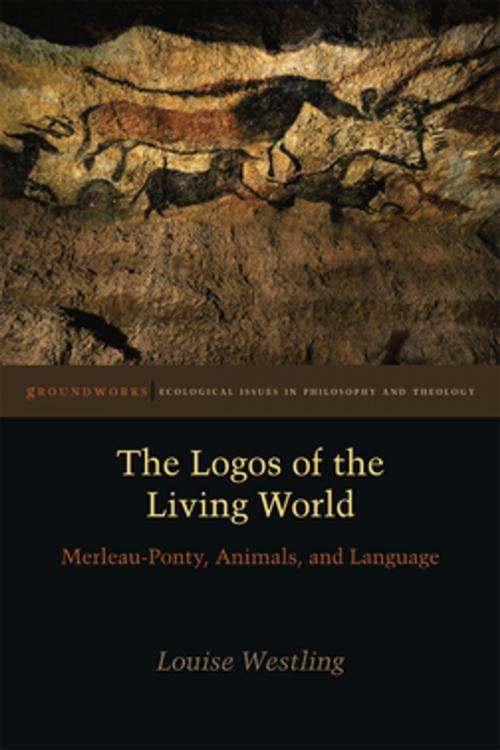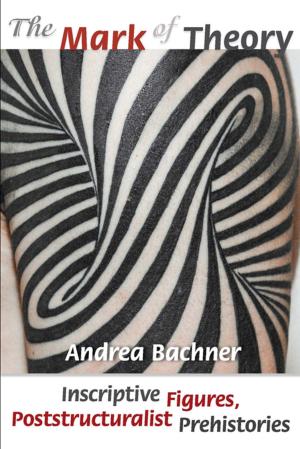The Logos of the Living World
Merleau-Ponty, Animals, and Language
Nonfiction, Science & Nature, Nature, Animals, Religion & Spirituality, Philosophy| Author: | Louise Westling | ISBN: | 9780823255672 |
| Publisher: | Fordham University Press | Publication: | October 1, 2013 |
| Imprint: | Fordham University Press | Language: | English |
| Author: | Louise Westling |
| ISBN: | 9780823255672 |
| Publisher: | Fordham University Press |
| Publication: | October 1, 2013 |
| Imprint: | Fordham University Press |
| Language: | English |
Today we urgently need to reevaluate the human place in the world in relation to other animals. This book puts Maurice Merleau-Ponty’s philosophy into dialogue with literature, evolutionary biology, and animal studies. In a radical departure from most critical animal studies, it argues for evolutionary continuity between human cultural and linguistic behaviors and the semiotic activities of other animals.
In his late work, Derrida complained of philosophers who denied that animals possessed such faculties, but he never investigated the wealth of scientific studies of actual animal behavior. Most animal studies theorists still fail to do this. Yet more than fifty years ago, Merleau-Ponty carefully examined the philosophical consequences of scientific animal studies, with profound implications for human language and culture. For him, “animality is the logos of the sensible world: an incorporated meaning.” Human being is inseparable from animality.
This book differs from other studies of Merleau-Ponty by emphasizing his lifelong attention to science. It shows how his attention to evolutionary biology and ethology anticipated recent studies of animal cognition, culture, and communication.
Today we urgently need to reevaluate the human place in the world in relation to other animals. This book puts Maurice Merleau-Ponty’s philosophy into dialogue with literature, evolutionary biology, and animal studies. In a radical departure from most critical animal studies, it argues for evolutionary continuity between human cultural and linguistic behaviors and the semiotic activities of other animals.
In his late work, Derrida complained of philosophers who denied that animals possessed such faculties, but he never investigated the wealth of scientific studies of actual animal behavior. Most animal studies theorists still fail to do this. Yet more than fifty years ago, Merleau-Ponty carefully examined the philosophical consequences of scientific animal studies, with profound implications for human language and culture. For him, “animality is the logos of the sensible world: an incorporated meaning.” Human being is inseparable from animality.
This book differs from other studies of Merleau-Ponty by emphasizing his lifelong attention to science. It shows how his attention to evolutionary biology and ethology anticipated recent studies of animal cognition, culture, and communication.















